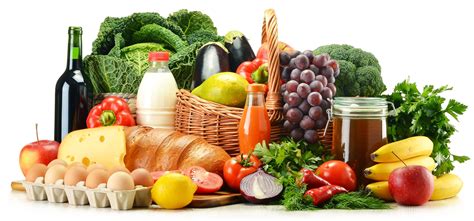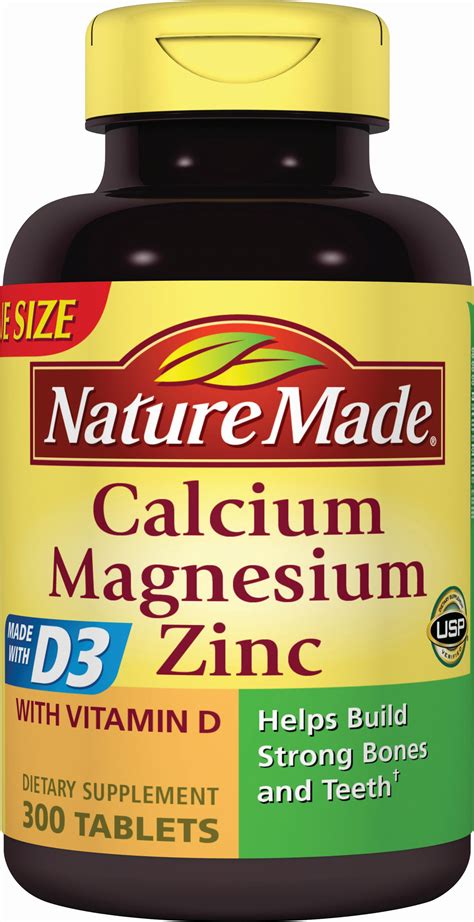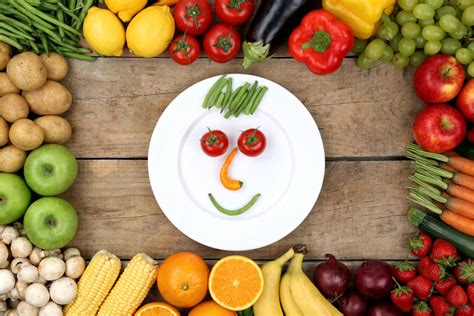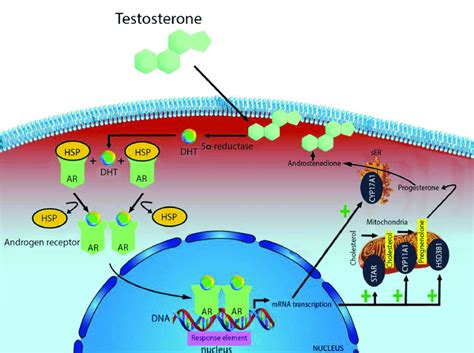Nutrition hacks to naturally optimize testosterone & male vitality?

Harnessing Nutrition for Peak Male Vitality
Testosterone, often synonymous with male vitality, plays a crucial role beyond just muscle mass and sex drive. It influences mood, energy levels, bone density, and cognitive function. As men age, testosterone levels naturally decline, but modern lifestyles, stress, and poor dietary choices can accelerate this process. The good news is that strategic nutrition offers powerful hacks to naturally optimize testosterone production and rekindle overall male vitality without relying on synthetic interventions.
Embracing a diet rich in specific micronutrients and macronutrients is the cornerstone of hormonal health. It’s not about magic pills, but rather a consistent, conscious effort to fuel your body with what it needs to thrive.

Essential Micronutrients: The Hormone Builders
Certain vitamins and minerals are non-negotiable for robust testosterone synthesis and overall endocrine function. Deficiencies in these can significantly impede hormone production.
- Zinc: A critical mineral involved in numerous enzymatic processes, including testosterone synthesis. Low zinc levels are directly linked to reduced testosterone. Excellent sources include oysters, red meat, poultry, beans, nuts, and dairy products.
- Vitamin D: Often called the ‘sunshine vitamin,’ it acts more like a hormone in the body. Research consistently shows a strong correlation between adequate vitamin D levels and healthy testosterone. Sun exposure is the primary source, but fatty fish, fortified foods, and supplements are also viable options.
- Magnesium: This vital mineral supports muscle function, energy production, and sleep, all of which indirectly impact testosterone. It also directly binds to testosterone, making more of it bioavailable. Find it in leafy greens, nuts, seeds, whole grains, and dark chocolate.
- Selenium: An antioxidant powerhouse, selenium supports thyroid health, which is intricately linked to overall hormonal balance and testosterone production. Brazil nuts are an exceptional source, along with seafood and organ meats.

The Power of Healthy Fats
Forget the old adage that all fat is bad. Healthy fats are absolutely essential for hormone production, as cholesterol (a type of fat) is a precursor to testosterone. Prioritizing the right types of fats is crucial:
- Monounsaturated Fats (MUFAs): Found in avocados, olive oil, and nuts like almonds and pecans, MUFAs support healthy cholesterol levels and hormone synthesis.
- Omega-3 Fatty Acids: These anti-inflammatory fats, prevalent in fatty fish (salmon, mackerel, sardines), flaxseeds, and walnuts, are vital for cellular health and can positively influence testosterone levels by reducing inflammation.
- Saturated Fats (in moderation): While excessive intake is ill-advised, some healthy saturated fats from grass-fed meats, eggs, and coconut oil can be beneficial for testosterone production.
Avoid trans fats found in processed and fried foods, as these negatively impact cholesterol and overall health, hindering hormone balance.

Protein and Smart Carbohydrate Choices
A balanced intake of protein and complex carbohydrates also plays a critical role.
- Quality Protein: Adequate protein intake provides the amino acids necessary for hormone synthesis and muscle maintenance. Opt for lean sources like grass-fed beef, poultry, eggs, and legumes.
- Complex Carbohydrates: While low-carb diets are popular, extremely restrictive carbohydrate intake can sometimes stress the body and suppress testosterone. Focus on complex carbohydrates from whole grains, fruits, and vegetables. These provide sustained energy and fiber, helping to stabilize blood sugar, which is important because insulin spikes can negatively affect testosterone.

Testosterone-Boosting Superfoods to Incorporate
Beyond specific nutrients, certain whole foods offer a synergistic blend of compounds beneficial for male vitality:
- Oysters: Arguably the king of testosterone-boosting foods due to their exceptionally high zinc content.
- Leafy Green Vegetables: Spinach, kale, and other greens are packed with magnesium and various antioxidants.
- Berries: Rich in antioxidants that combat oxidative stress, which can negatively impact testosterone.
- Garlic: Contains allicin, a compound that may help lower cortisol (a stress hormone) and indirectly support testosterone.
- Ginger: Known for its anti-inflammatory properties, ginger has been shown in some studies to increase testosterone levels.
- Pomegranate: High in antioxidants, it supports blood flow and overall cardiovascular health, which is crucial for male vitality.

Beyond the Plate: A Holistic Approach
While nutrition is paramount, remember it’s one piece of a larger puzzle. Adequate sleep (7-9 hours), regular resistance training, and effective stress management are equally vital components of naturally optimizing testosterone and male vitality. Nutrition acts as the fuel, but these lifestyle factors ensure the engine runs smoothly.
By thoughtfully integrating these nutritional hacks into your daily routine, you can empower your body to naturally produce optimal testosterone levels, leading to enhanced energy, mood, strength, and overall vitality. Consult with a healthcare professional or registered dietitian for personalized advice, especially if you have underlying health conditions.









